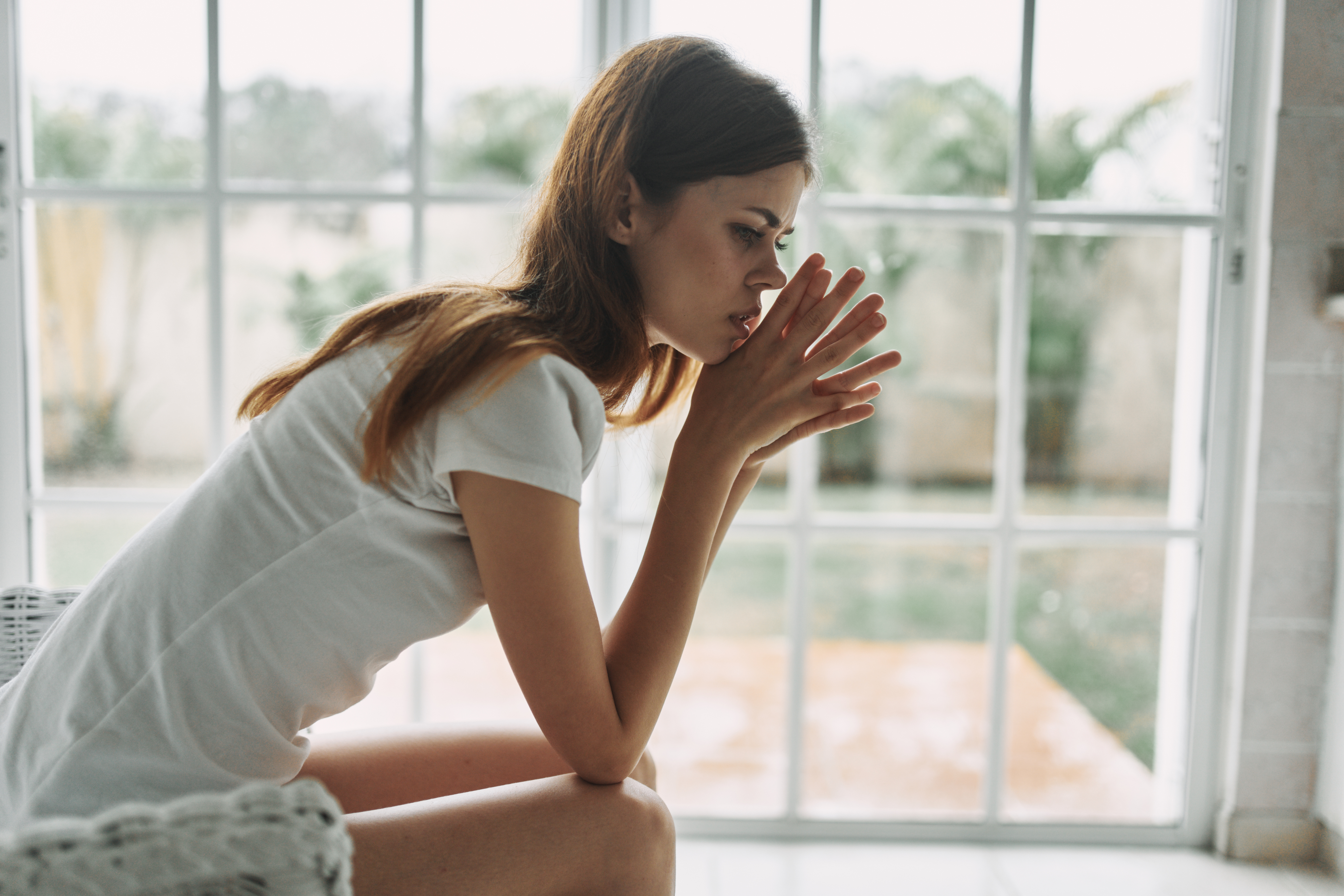
We are living with a high degree of uncertainty about many things related to the Global Pandemic of COVID-19. What will happen to our health? The health of our families and communities? What will happen to the world? The economy? How long should we avoid crowds? Will cities go into lockdown? What is next?
The problem? Our brains hate uncertainty. So, when faced with this degree of uncertainty, the survival part of our brain (the amygdala – the part that takes over when we experience a real or perceived threat) creates stories. It assumes worst-case scenarios and jumps to conclusions. We start believing our made-up thoughts and stories. In psychology, these are called cognitive distortions, because they are not necessarily based on truth, and are at the very best, a distortion of the truth. For instance, our brain might make up a story that “The economy will crash, I am not going to have a job, and I’m going to lose my home,” or “We will run out of food and people will go crazy.” Those thoughts are not necessarily based on truth. They are based in fear and survival.
The good news? This is a perfect time to practice various mental skills!
Skill #1: Present Moment Awareness
This is a foundational mental skill. Mindfulness is often used synonymously and refers to the process of being aware of the present moment in a non-judgemental capacity. Remember, everything in life happens NOW. Yes, we can learn from the past and prepare for the future, but when it comes to real-time living, being in the present moment allows us to act to the best of our abilities. We are not consumed by the past and are no longer attached to the stories that we have created. An easy way to start practicing mindfulness and present moment awareness is to tune into our five senses.
Why? Our five senses bring us back to the present moment; we sense them NOW.
What do I see now?
What do I hear now?
What do I feel (tactile) now?
What do I smell now?
What do I taste now?
We can call on our senses and use them to get back to the present moment. This skill is helpful IN ALL ASPECTS of life. Practice this skill often, and it will become second nature. Practice tuning into your 5 senses when you notice that you’ve attached to the past, or you’re predicting the future. Play around with what works for you. Repeat.
Skill #2: Check the Facts
What is a fact? What is fiction? What stories are you making up? What is the worst-case scenario? If the worst-case was to happen, do you have the skills and the tools to get through it? A certain amount of anxiety about illness is reasonable. The good news is that most people who contract COVID-19 do very well. The people at the highest risk are the frail, elderly, immune-compromised, and those with multiple medical conditions. You can access up to date, evidence-based information about the virus from the following websites.
Skill #3: Consume the truth
In times of pandemics, mass media benefits from provoking fear. Limit the amount of false or inflammatory information that you are getting by choosing NOT to consume data from non-credible sources. Remember, just like choosing a healthy lunch over a greasy pizza, you can choose to consume credible information instead of inaccurate or fear-provoking information. Additionally, you can choose to limit the amount of time you spend reading or watching the news. The more you take in, the more your mind will be consumed by it. I am not suggesting you turn a blind eye, but ask yourself, “Is this information adding or taking away from my life?”
Skill #4: Socialize…from a distance
We are a social species, and when things get hard, we need each other more than ever. Human connection protects against anxiety and fear. When we aren’t allowed to share physical space with other people, we can become more anxious, sad, and lonely. To mitigate this risk, make it a priority to talk to others over the phone (voice) or via Facetime EVERY DAY. Reach out to people who have limited social supports or family. Reach out to your social network if you feel lonely! Don’t be afraid to be vulnerable. If you’re feeling a certain way, likely, somebody else is as well.
Skill #5: Build a routine
Just because you are working from home, and are confined mainly to your home, does not mean that you cannot be productive. We are at our best when we have a sense of purpose and feel part of something bigger than ourselves. Believe it or not, we also love to have structure and routine. So, why not build in routine to your more pliable work week! Working from home? Get up at the same time, shower, get ready for “work,” plan out how you will attack your day. Some of us might experience boredom, especially those of us who thrive when there is a lot to do. Some of us may go a little stir crazy. This is normal!
Do you have a project that you’ve been procrastinating on for 2 years? Now is a great time to get it done. Do you usually workout outside of your home? Try a home workout. Have you always wanted to have time to read? Now, you’ve got plenty of time. Feel grateful that you’re in your home instead of a hospital? Practice gratitude.

